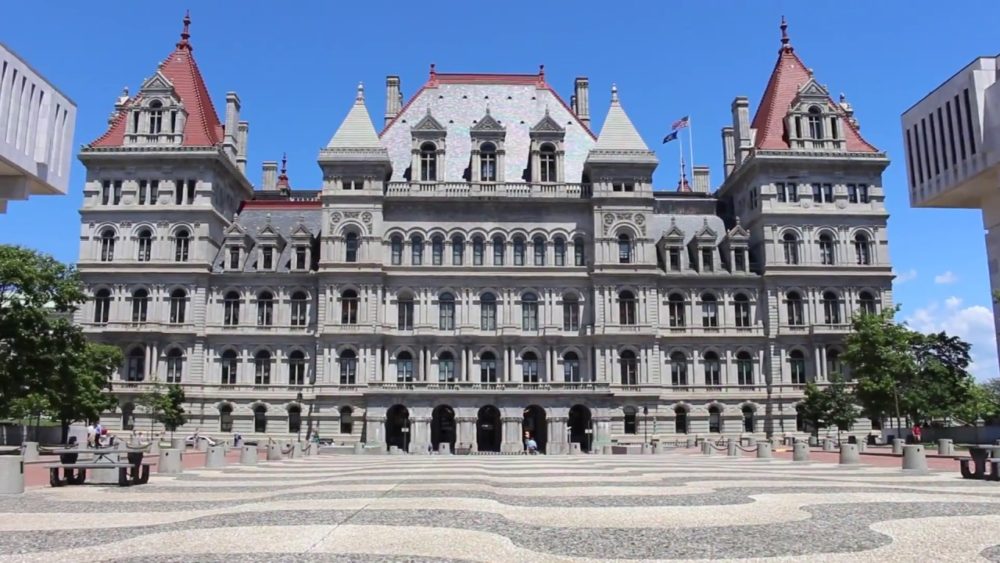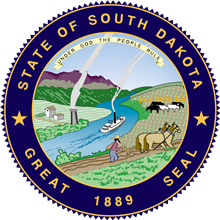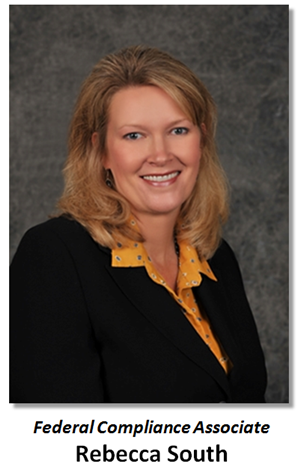February 24, 2021 •
New York JCOPE Opens Lobbying Application for Bimonthly Reports

New York Capitol Building
The Joint Commission on Public Ethics opened the online Lobbying Application for the submission of bimonthly reports and posted updated PDF forms. Additional time has been provided to file bimonthly reports covering the January 1 to February 28 reporting period. […]
The Joint Commission on Public Ethics opened the online Lobbying Application for the submission of bimonthly reports and posted updated PDF forms.
Additional time has been provided to file bimonthly reports covering the January 1 to February 28 reporting period.
These reports will be considered timely if submitted by March 22, 2021.
JCOPE recommends users review statement of registrations before filing the bimonthly reports.
In certain cases, information not previously reported in a registration cannot be added directly to the report and requires an amended registration or updated organization profile.
Resources to help navigate the Lobbying Application can be found at https://jcope.ny.gov/2021-22-lobbying-biennial-period-information.
For any questions or technical assistance, please contact the JCOPE Helpdesk at helpdesk@jcope.ny.gov or by phone at 518-474-3973.
December 14, 2020 •
Seattle City Council to Vote on Registration and Disclosure By Public Lobbying Groups

Seattle, WA - by Daniel Schwen
The Seattle City Council is scheduled to vote Monday afternoon on a new ordinance. The ordinance’s rules are meant to shine a light on groups spending money to build public pressure on Seattle politicians. Recommended in January by the Seattle […]
The Seattle City Council is scheduled to vote Monday afternoon on a new ordinance.
The ordinance’s rules are meant to shine a light on groups spending money to build public pressure on Seattle politicians.
Recommended in January by the Seattle Ethics and Elections Commission, the rules would apply to groups spending at least $750 in a month or $1,500 in three months on presenting a program to the public to affect legislation.
The individuals behind a group would need to identify themselves, their contractors, and donors for contributions of $25 or more.
The group also would be required to describe its purpose and record spending on monthly reports.
The Secretary of State announced the commencement of a full review of South Dakota’s campaign finance laws. The review comes in the wake of the June 7 primary where it was alleged that several candidates kept campaign finance information secret […]
 The Secretary of State announced the commencement of a full review of South Dakota’s campaign finance laws.
The Secretary of State announced the commencement of a full review of South Dakota’s campaign finance laws.
The review comes in the wake of the June 7 primary where it was alleged that several candidates kept campaign finance information secret by using a loophole that allows candidates that do not run in primary elections to go two years without filing any reports.
The proposed changes are expected to be presented in October 2016.
June 16, 2014 •
Ask the Experts – LDA Tracking and Reporting
Q. To streamline LDA tracking and reporting, our company includes 100 percent of our in-house lobbyists’ compensation as lobbying on our quarterly report. Is this a reasonable approach? A. The LDA does not contain any special tracking requirements for reporting […]
 Q. To streamline LDA tracking and reporting, our company includes 100 percent of our in-house lobbyists’ compensation as lobbying on our quarterly report. Is this a reasonable approach?
Q. To streamline LDA tracking and reporting, our company includes 100 percent of our in-house lobbyists’ compensation as lobbying on our quarterly report. Is this a reasonable approach?
A. The LDA does not contain any special tracking requirements for reporting expenditures. Registrants employing in-house lobbyists are required to provide a “good faith estimate of the total expenses” of their lobbying activities. With the “good faith” standard as the back drop, an organization should determine whether including 100 percent of their lobbyists’ compensation meets that standard. Aside from the tax implications of including 100percent of compensation, typically, there is some time that is spent during the course of a quarter that is not defined as lobbying and varies from month to month depending on what issues are being addressed. Therefore, providing a good faith estimate, in most cases, will require a registrant to implement some sort of tracking process to meet the standard. In the event of an audit, the ability to demonstrate reasonable efforts to track and capture lobbying activity, and only lobbying activity, is an additional benefit.
You can directly submit questions for this feature, and we will select those most appropriate and answer them here. Send your questions to: marketing@stateandfed.com.
(We are always available to answer questions from clients that are specific to your needs, and we encourage you to continue to call or e-mail us with questions about your particular company or organization. As always, we will confidentially and directly provide answers or information you need.) Our replies to your questions are not legal advice. Instead, these replies represent our analysis of laws, rules, and regulations.
July 24, 2012 •
California Local Lobbying and Campaign Reporting Bill Approved
Electronic filing systems must meet criteria by 2013
 Governor Jerry Brown has approved Assembly Bill 2452, which changes the criteria local government agencies must meet in order to require campaign and lobbying reports to be filed electronically. The bill was chaptered in the Political Reform Act as section 84615.
Governor Jerry Brown has approved Assembly Bill 2452, which changes the criteria local government agencies must meet in order to require campaign and lobbying reports to be filed electronically. The bill was chaptered in the Political Reform Act as section 84615.
A local government agency requiring campaign committees and lobbyists to file electronically must provide a secure, standardized, and free filing system. In addition, if a local ordinance requires a statement or report to be filed electronically, local officials can no longer require an additional copy to be filed in paper format.
The law becomes effective January 1, 2013.
February 28, 2012 •
Supreme Court Upholds Maine Campaign Finance Law
Laws Found Constitutional
 The U.S. Supreme Court has rejected a challenge to Maine election laws brought by the National Organization for Marriage claiming Maine’s reporting requirements for political action committees are vague and over-broad.
The U.S. Supreme Court has rejected a challenge to Maine election laws brought by the National Organization for Marriage claiming Maine’s reporting requirements for political action committees are vague and over-broad.
The Supreme Court let stand the 1st Circuit Court of Appeals’ decision to uphold the constitutionality of the laws requiring the disclosure of contributions and expenditures in elections by PACs and by independent groups.
Maine defended its laws by arguing the laws were designed to inform voters about who is spending money to influence their votes.
State and Federal Communications, Inc. provides research and consulting services for government relations professionals on lobbying laws, procurement lobbying laws, political contribution laws in the United States and Canada. Learn more by visiting stateandfed.com.

